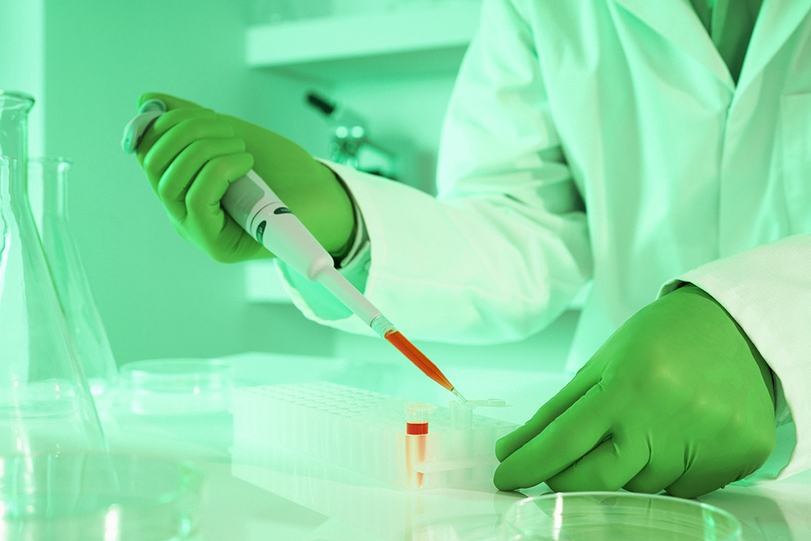Research

Effect Of DHEA On Drug Abuse Treatment
Preclinical rodent studies have shown that DHEA markedly improves resistance to cocaine’s initial effects, and prevents relapse to its use.
In addition, DHEA increases neurogenesis and neuronal survival in human neural stem cells cultures; this is important because high dosage cocaine decreases neurogenesis in the brain, and impairs working memory in rats.
DHEA also appeared to contribute to the success of outcomes in addiction treatment of humans:
DHEA complementary treatment was effective in heroin addicts, showing significant improvement in the severity of withdrawal symptoms, depression and anxiety scores (providing subjects had not previously used cocaine or benzodiazepines, and had experienced few withdrawal programs).
Moreover, a double-blind, placebo-controlled study in adult polydrug users in a detoxification program showed the efficacy of DHEA treatment combined with psychosocial enrichment and after-care. DHEA administration positively affected decision-making, mood and well-being as early as one month into treatment, and had a long-lasting preventive effect on relapse to drug use. The DHEA treated subjects reported fewer negative emotions, and showed more advantageous choosing in a decision-making task (Figure 1). Furthermore, in a 16-month follow-up, relapse rates of dhea-treated subjects were only 11.5% (Figure 2). No adverse symptoms were found. These findings demonstrate the long-term effect of DHEA on drug relapse.
